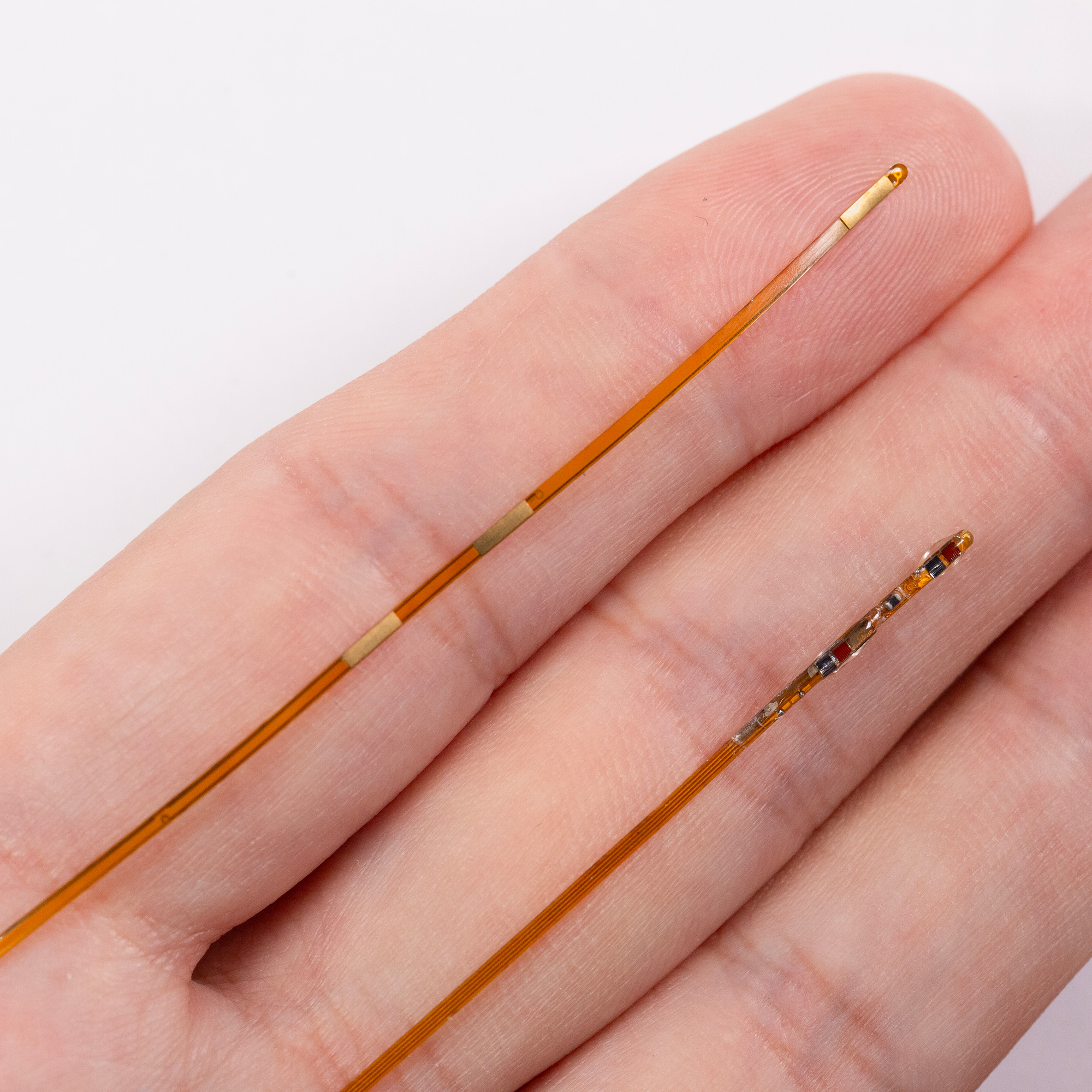Tag: Research
-

Identifying New Targeted Therapy Approaches for Leukemia
Using small molecular inhibitors to block the BAP1 complex may be a promising targeted therapy approach for leukemia, according to a Northwestern Medicine study published in Nature Cancer.
-

Digital Depression Intervention May Improve Symptoms
A mental health smartphone app developed by a team of Northwestern Medicine investigators helped improve depressive symptoms in patients with diabetes and hypertension, according to a recent clinical trial published in JAMA.
-

New Method to Analyze Nucleosomes
Northwestern Medicine scientists have developed Nuc-MS, a new method to capture the protein composition of whole nucleosomes without losing information.
-

PhD Student Investigates Clinician Burnout in Health Informatics
Jiancheng Ye, a PhD student in Feinberg’s Health Sciences Integrated PhD program, was the author a paper that explores strategies to address clinician burnout linked to patient-integrated data in electronic health records.
-

Pregnant Women with COVID-19 Have Increased Risk of Adverse Outcomes
Pregnant women who are diagnosed with COVID-19 have a higher risk of severe maternal morbidity and mortality and neonatal complications compared to pregnant women without COVID-19, according to recent findings.
-

Northwestern Accepting Nominations for $200,000 Nemmers Prize in Medical Science
Northwestern University is accepting nominations for its $200,000 Mechthild Esser Nemmers Prize in Medical Science, a biennial prize that will be awarded in Fall 2022.
-

Transforming Lung Cells Critical for Pulmonary Fibrosis
The failure of epithelial cells to complete a stem cell-like transition may lead to pulmonary fibrosis, according to a Northwestern Medicine study.
-

Scientists Develop First Wireless Sensors to Monitor Pregnant Women and their Babies
A new wearable device developed at Northwestern measures mothers’ and babies’ vital signs and data that cannot be collected with current technology.
-

Krainc to receive $9 Million, 8-year NIH Grant
Dimitri Krainc, MD, PhD, has received a Research Program Award grant from the National Institute of Neurological Disorders and Stroke (NINDS).
-

Uncovering Epigenetic Mechanisms Underlying Cancer Development
Two Northwestern Medicine studies are improving the understanding of epigenetic mechanisms in cancer development and progression, and identifying novel cancer driver genes that may help identify patients who will benefit from immunotherapy.






